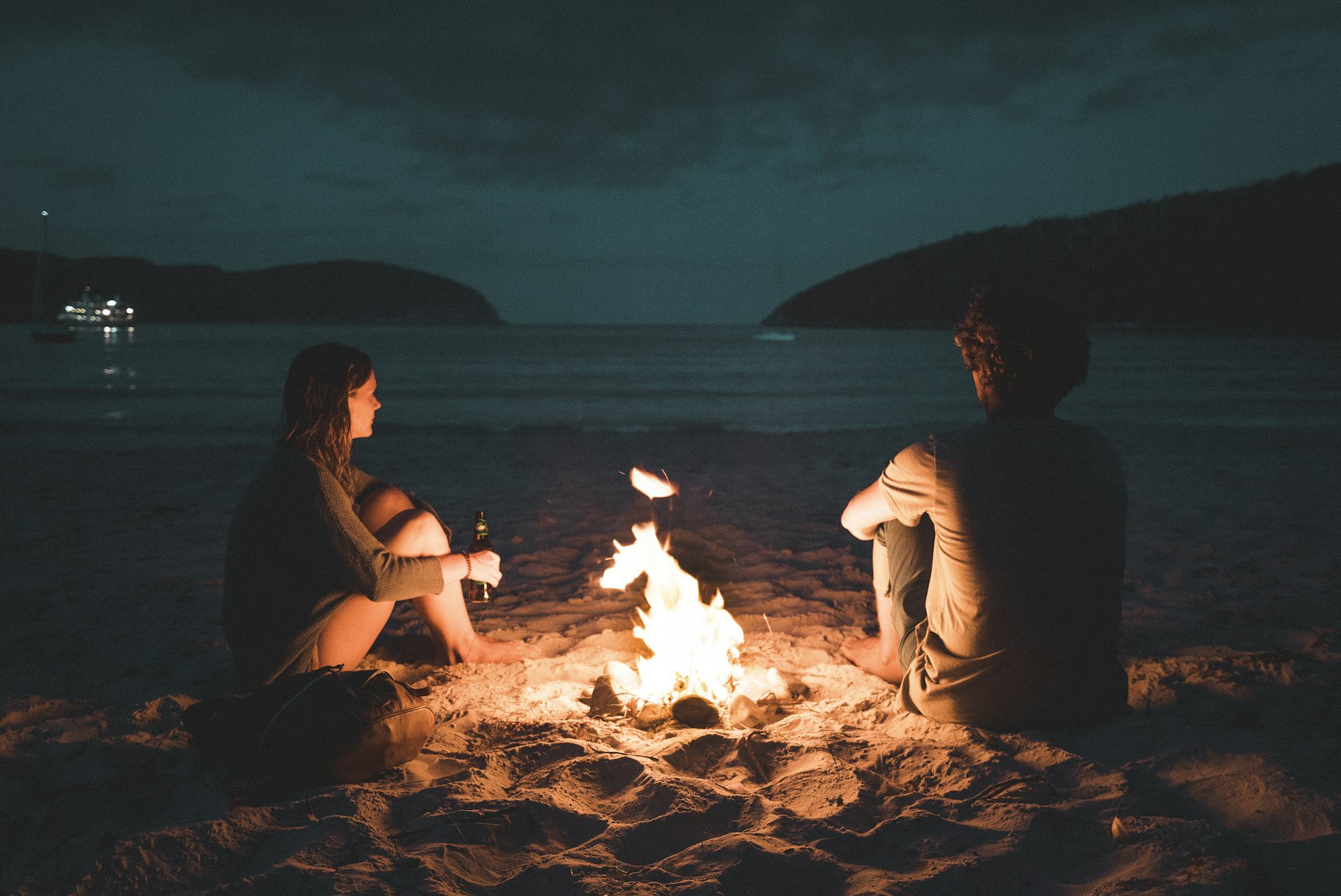Berber, Sudan
Museums
Near Berber, Sudan, you could visit the National Museum of Sudan in Khartoum, which is about 200 km away. This museum has a vast collection of artifacts from ancient Nubian and Egyptian civilizations, including mummies, pottery, and jewelry. Another option is the Nubian Museum in Aswan, Egypt, which is approximately 370 km away, dedicated to showcasing the history and culture of ancient Nubia.
If you are interested in visiting other museums of a similar type near Berber, you could consider the Museum of Turquoise Mountain in Kabul, Afghanistan, or the National Museum of Beirut in Lebanon.
Food
Some of the recommended and popular dishes to try in Berber, Sudan according to local people are:
1. Ful Medames: A traditional breakfast dish made with fava beans, garlic, onions, lemon juice, and olive oil.
2. Mulukhiyah: A stew made with jute leaves, chicken or beef, and spices. Usually served with bread or rice.
3. Kisra: A type of bread made from sorghum flour and often eaten with a tomato-based sauce or soup.
4. Bamia: A stew made with okra, tomato sauce, and meat (usually lamb or beef).
5. Asida: A porridge-like dish made from cooked flour dough, usually served with stews or sauces.
These dishes are readily available in local restaurants and markets in Berber and are an essential part of Sudanese cuisine.
Activities
Some fun activities that locals enjoy in Berber, Sudan, include:
1. Visiting the weekly Souk (market) where local vendors sell various products ranging from food to traditional crafts and clothes.
2. Exploring the nearby Atbara River - you can go for a swim, take a boat ride or have a picnic by the riverbank.
3. Watching traditional Nubian wrestling matches or attending local festivals and celebrations.
4. Taking a guided tour of the ancient pyramids of Meroe, located about 100 km southeast of Berber.
5. Sampling local cuisine, such as ful medames (mashed fava beans) and tamiya (falafel-like snacks) from street vendors or small restaurants.
Please note that some of these activities may be impacted by local conditions or cultural norms, so it is always advisable to check with locals or authorities before engaging in any activities.
